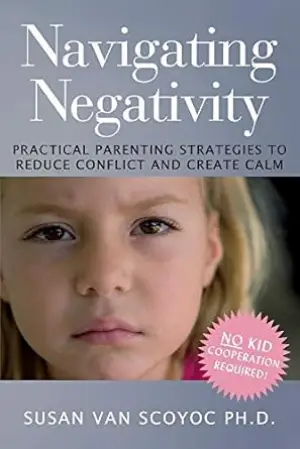I recently finished “The Ministry of Time” by Kaliane Bradley, and I can safely say it was a thrilling ride ripe with unexpected twists and delightful characters. I was drawn to this novel primarily because I enjoy blending genres, particularly when it involves time travel, romance, and the complexities of human interactions. With all the buzz around it—including being one of Barack Obama’s favorite books of Summer 2024—I felt compelled to see what the hype was about.
The novel follows a civil servant tasked with serving as a “bridge” to Commander Graham Gore, a character from the 19th-century who was thought to have died during the Franklin expedition. The concept of crafting a bridge—a liaison who assists individuals from the past in adjusting to modern day—was one of the book’s core strengths. The characters brought from the past, particularly Gore, present a unique mix of naïveté and curiosity toward contemporary society, showcasing the author’s deftness at creating engaging dialogue.
There were many elements that resonated with me and other readers. Reviewer Amy W. highlighted how the narrator’s flaws add depth to her character, reinforcing the notion that neither the protagonist nor Gore fully understands their feelings or the world around them. I appreciated the way their dynamic evolved—what began as an uncomfortable roommate situation developed into a compelling love story fraught with the complications of time travel and historical context. Additionally, the writing style is both witty and engaging, making for an enjoyable reading experience.
However, the book isn’t without its drawbacks. Several readers noted that the pacing can feel slow in parts. This was evident to me in the first half, where the focus on setting up the plot sometimes overshadowed the action. Some skepticism arose from readers like Kayla, who wished for stronger character development and a more engaging plot. While I found the characters layered and relatable, I can understand how others might find them lacking, particularly in emotional stakes.
The transitions between the tonal shifts—especially when the book veers into thriller territory—left some readers feeling disoriented. John Song mentioned this abrupt change, and while I still found the shifts interesting, I agree that they weren’t as smooth as they could have been. It’s almost as if the narrative had two separate identities, leading to a somewhat mixed reading experience.
As for the exploration of themes—particularly around identity, race, and the nature of love amidst chaos—I thought Bradley did an excellent job weaving these threads into the story. The introspection provided by the characters, especially around their cultural backgrounds, added richness to their interactions. In reading those moments, I felt a stirring connection to real-world discussions about acceptance and understanding.
In conclusion, “The Ministry of Time” is a fun, genre-blending novel that successfully manages to tackle complex themes while providing a lively narrative. It may not achieve perfection—some pacing issues and tonal shifts detracted from the overall experience for certain readers—but its originality and character dynamics made up for it. If you enjoy a thoughtful yet entertaining story that pushes the boundaries of traditional time travel narratives, then I would definitely recommend giving this book a read. It might just leave you pondering the nature of history and love in our lives. Four stars from me!








